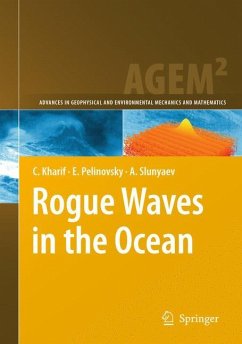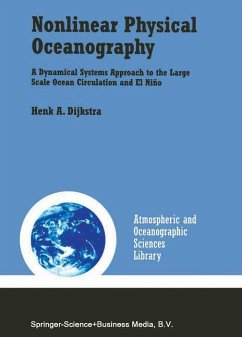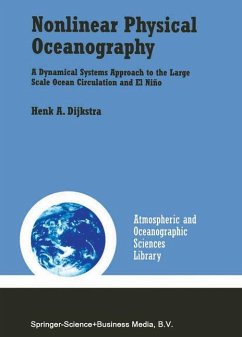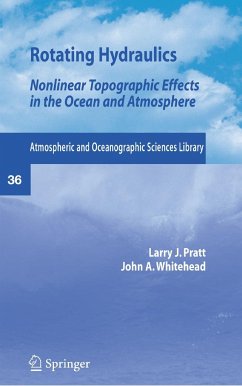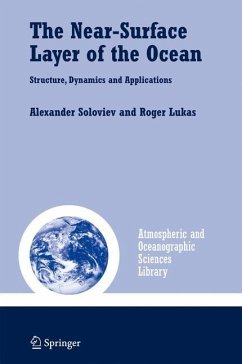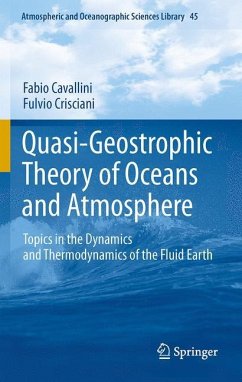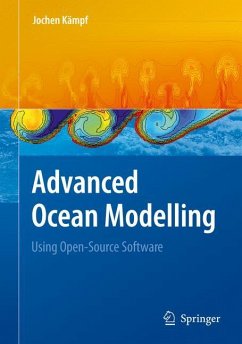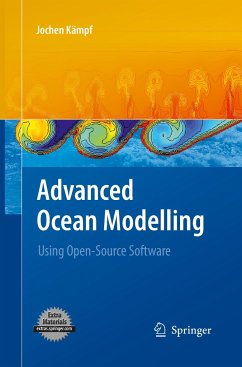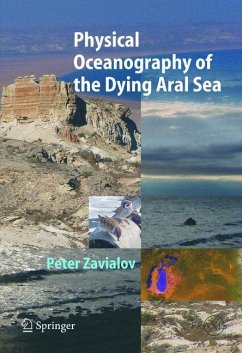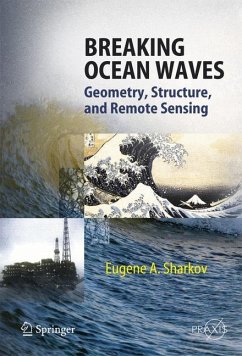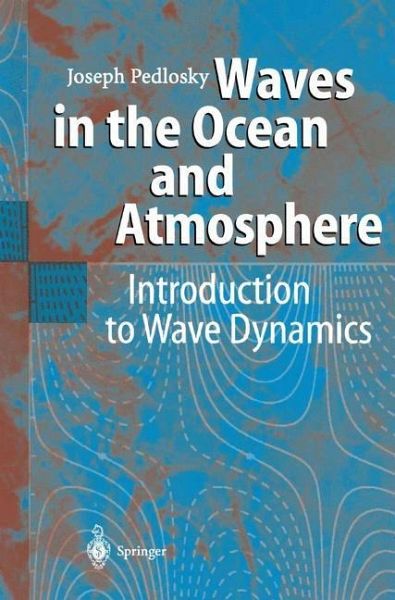
Waves in the Ocean and Atmosphere
Introduction to Wave Dynamics
Versandkostenfrei!
Versandfertig in 6-10 Tagen
65,99 €
inkl. MwSt.
Weitere Ausgaben:

PAYBACK Punkte
33 °P sammeln!
A study of the fundamental theory of waves appropriate for first year graduate students in oceanography, meteorology and associated sciences. Starting with an elementary overview of the basic wave concept, specific wave phenomena are then examined, including: surface gravity waves, internal gravity waves, lee waves, waves in the presence of rotation, and geostrophic adjustment. Each wave topic is used to introduce either a new technique or concept in general wave theory. Emphasis is placed on connectivity between the various subjects and on the physical interpretation of the mathematical results. The book contains numerous exercises at the end of the respective chapters.
For over twenty years, the Joint Program in Physical Oceanography of MIT and the Woods Hole Oceanographic Institution has based its education program on a series of core courses in Geophysical Fluid Dynamics and Physical Oceanography. One of the central courses in the Core is one on wave theory, tailored to meet the needs of both physical oceanography and meteorology students. I have had the pleasure of teaching of years, and I have particularly enjoyed the response of the the course for a number students to their exposure to the fascination of wave phenomena and theory. This book is a reworking of course notes that I have prepared for the students, and I was encouraged by their enthusiastic response to the notes to reach a larger audience with this material. The emphasis, both in the course and in this text, is twofold: the de velopment of the basic ideas of wave theory and the description of specific types of waves of special interest to oceanographers and meteorologists. Throughout the course, each wave type is introduced both for its own intrinsic interest and importance and as a ve hicle for illustrating some general concept in the theory of waves. Topics covered range from small-scale surface gravity waves to large-scale planetary vorticity waves.





